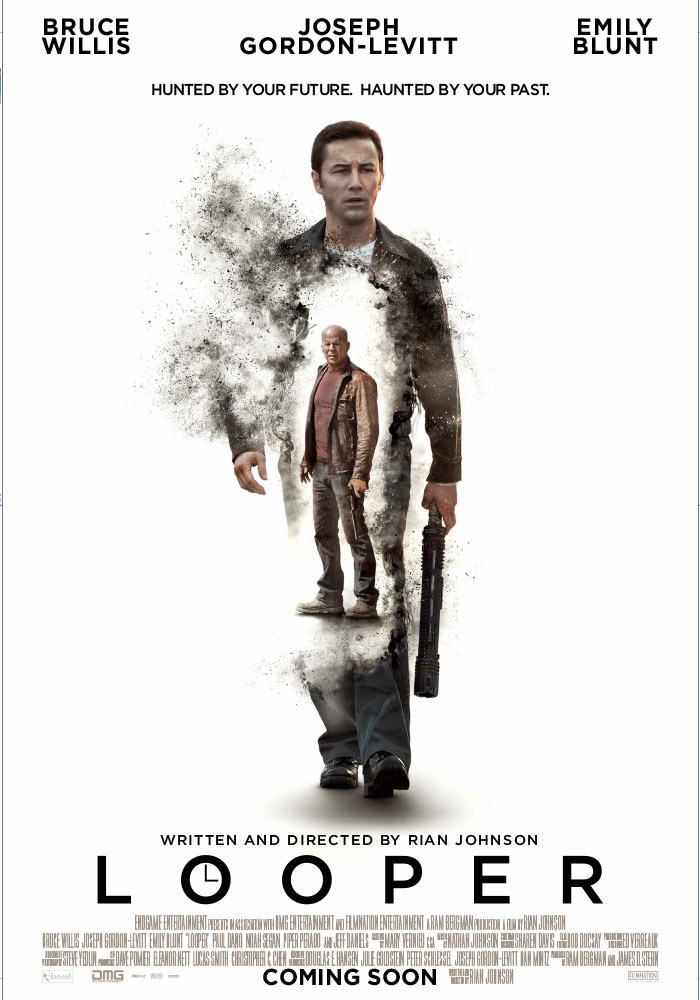In April 2019, actor Joseph Gordon-Levitt (Looper) gave a talk in Vancouver. “Having someone else's attention is powerful. Being an actor, I am a bit of an expert in that or really, in nothing,” he jokes and continues “but I do know what it feels like to have that attention (…) I am very grateful for that because as I said, it is something powerful. But there is another feeling that is very powerful as well and that is the opposite: pay attention”.
The actor continues highlighting that, throughout his career, he was always used to hearing the same sequence over and over "rolling, lights, clapperboard, action." "From that moment on, everything that may be distracting me in my mind disappears," he says.
Then he continues talking about how the great technological advances we have experienced on a large scale in recent years have allowed more and more people to have that feeling of generating that another pay attention to us by doing any type of creative activity: writing, drawing, photography, music, etc. "The distribution channels have been democratized," he says. But he fears that this is not entirely positive since he believes creativity is increasingly becoming a means to an end, that end being the fact of wanting to get the attention of another. "The more I pay attention, the happier I feel, but the more I seek to attract the attention of others, the more unhappy I feel," he says.
This may seem a contradiction as he says some have asked him why he is an actor if he does not like to call or get the attention of another person, but he simply answers that acting is not about that because acting is art. He then introduces the conversation to social networks, saying that sometimes his creative process was affected by thoughts in relation to the social networks provided by technology. For example, he says that instead of reading a script and focusing on the story, thinking about how he would interpret the character, what would be his nuances, etc., his mind wonders what people on social networks would think about the film, what would they say. But he remarks that this does not mean that technology is the enemy of creativity, but that "it is a tool that has the potential to promote human creativity as never seen before."
However, he doesn’t want to ignore what is the care business model all social media companies rely on. "What do they sell? They sell attention so their sponsors can make money,” he says. So, he argues that the focus on which we should reflect is not on what they sell but why social networks constantly get our attention. “The more attention you can get from your followers - many or few - the more attention Instagram can sell. So it's an Instagram interest that you get as much attention as possible." And he continues “somehow it trains you so that you want that attention and feel stressed when you don't have it (…) it is a true addiction, where nothing is ever enough (…) this is what companies sell and this is how they make money". He ends "if your creativity is motivated by the desire to attract attention, you will never be creatively satisfied."
Finally, he returns to the other feeling he mentioned at the beginning: paying attention to only one thing. He mentions that according to scientists and neuroscientists, the more this is done, the greater the happiness. And then he took this to the film set saying that it was great start seeing other actors and actresses not as competition but as collaborators because that allowed him to focus on his work only and to obtain better results; otherwise, he would start thinking whether people talked more about the performance of another actor or actress rather than his own. And he points out “the same happens with the internet: if we stopped seeing others as competitors, it could be a great place to find collaborators”.
An excellent reflection!
Image: Google

